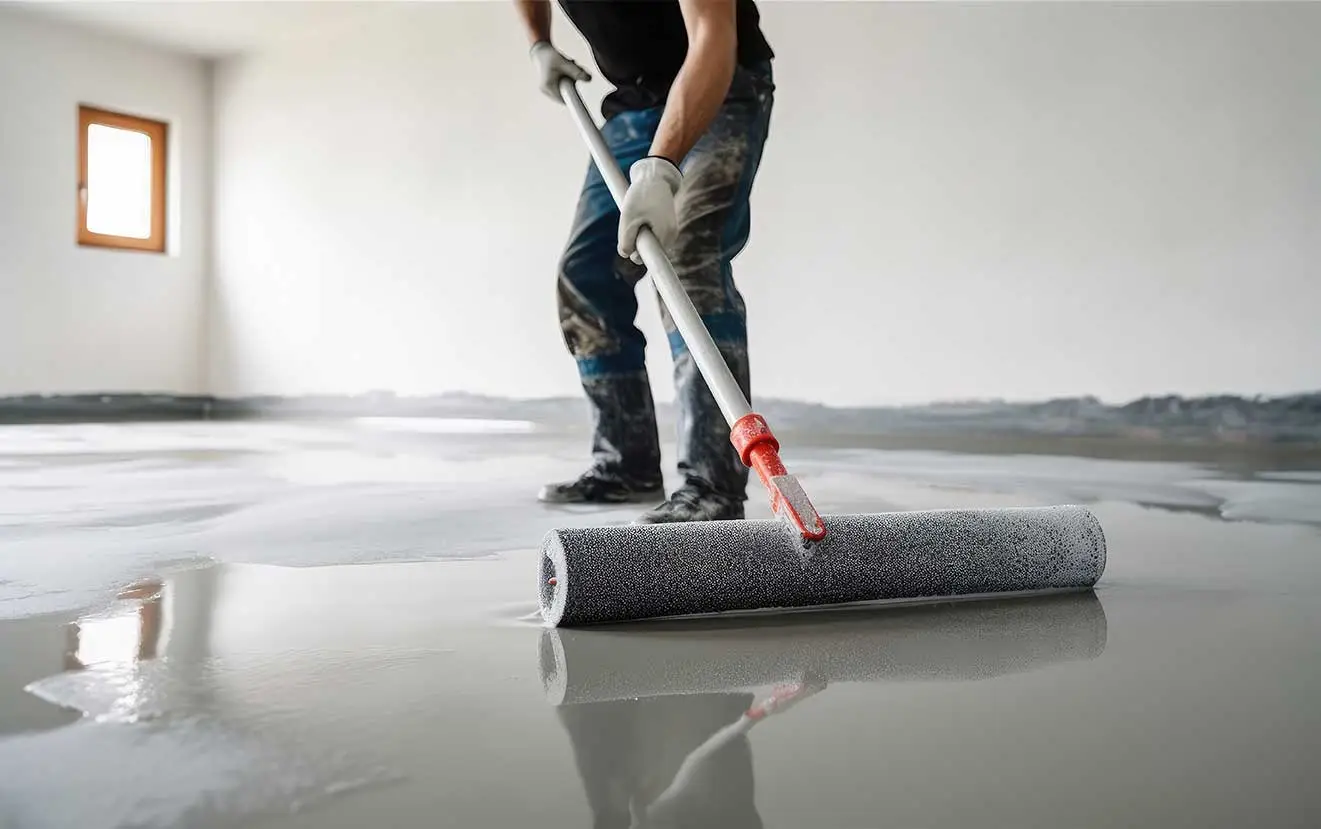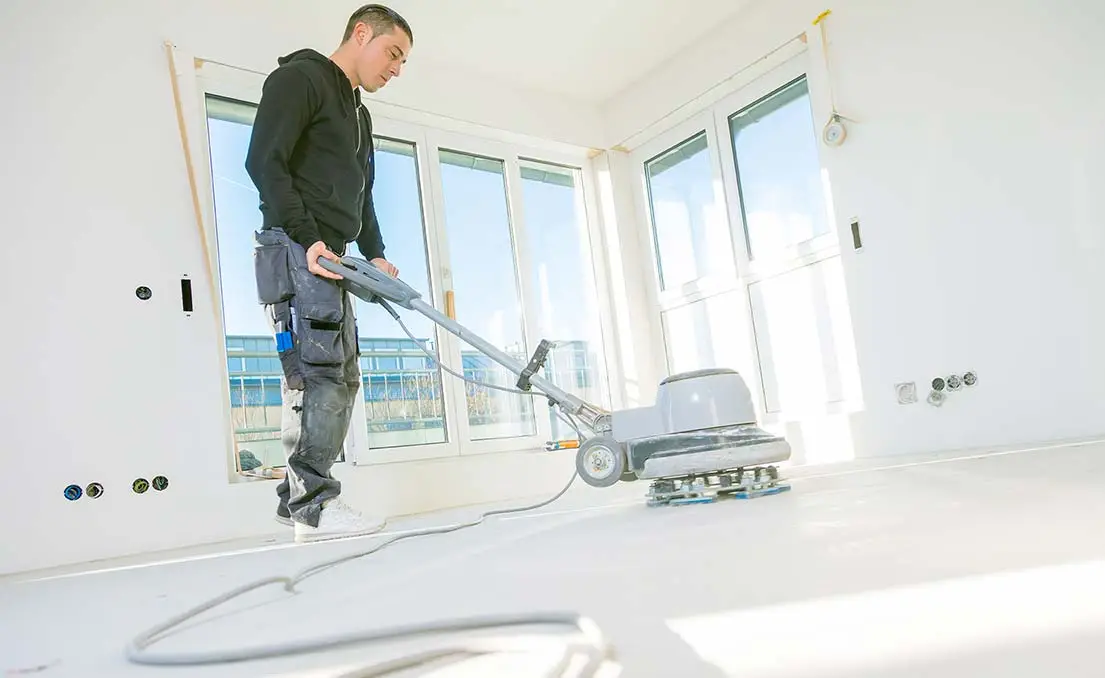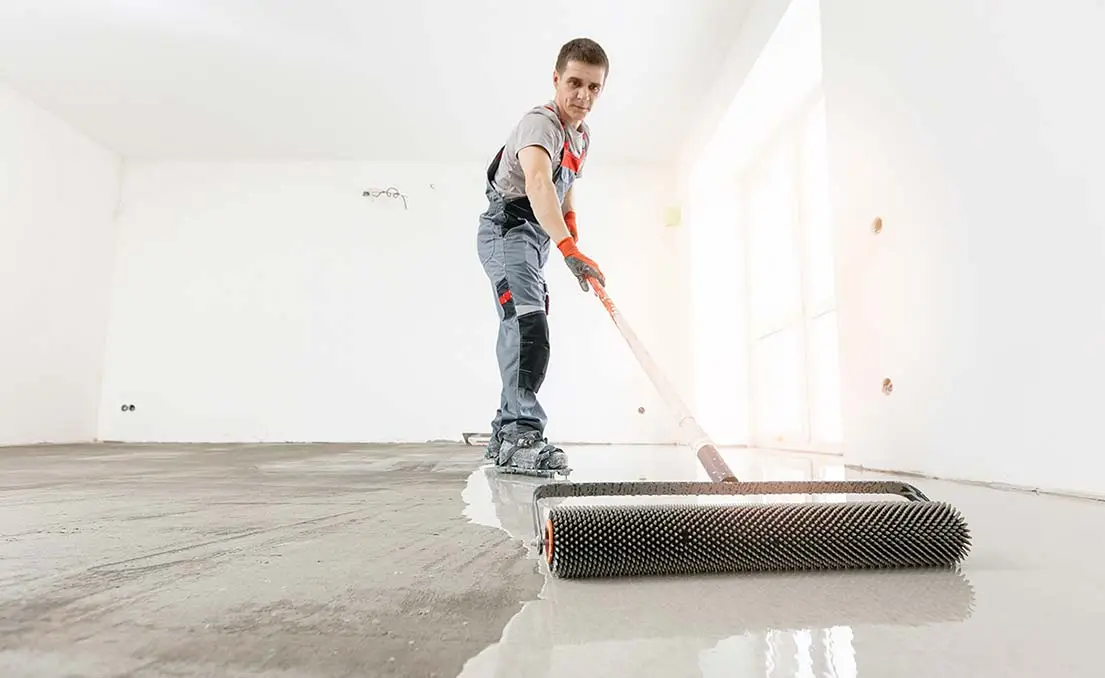DIY vs Professional Installation of Concrete Coatings

When it comes to enhancing the durability and aesthetic appeal of your home’s concrete floors, coatings are a popular choice. They offer protection, longevity, and a variety of finishes to suit your style.
But the question arises: should you take the DIY route or hire a professional? This decision can significantly impact the outcome and your overall satisfaction.
Whether you’re a DIY enthusiast or someone considering professional services, this guide is for you. We aim to provide a comprehensive understanding that will help you make an informed decision.
From epoxy to polyaspartic coatings, from preparation to maintenance, we’ve got it all covered. Let’s embark on this journey to explore the best approach for your concrete floor coatings.
Understanding Residential Concrete Floor Coatings
Residential concrete floor coatings are protective layers applied to concrete floors. They enhance the durability of the floor, making it resistant to wear and tear, stains, and spills.
These coatings also offer aesthetic benefits. They can transform a dull, grey concrete floor into a vibrant, glossy, and visually appealing surface. With a variety of colors and finishes available, you can customize your floor to match your home’s decor.
Types of Concrete Coatings: Epoxy, Polyurethane, and Polyaspartic
There are several types of residential concrete floor coatings. The most common ones are epoxy, polyurethane, and polyaspartic coatings. Each type has its unique properties and benefits.
Epoxy coatings are known for their durability and resistance to chemicals. They are ideal for garages and basements where heavy traffic and potential spills are common. Polyurethane coatings, on the other hand, are UV resistant and flexible, making them suitable for outdoor applications. Polyaspartic coatings are the fastest to cure and can withstand extreme temperatures, but they can be more expensive.
- Epoxy: Durable, resistant to chemicals, ideal for garages and basements.
- Polyurethane: UV resistant, flexible, suitable for outdoor applications.
- Polyaspartic: Fast curing, can withstand extreme temperatures, more expensive.
Preparing Your Floor: The Key to Coating Success
Before applying any type of coating, it’s crucial to prepare your concrete floor properly. This step is often overlooked in DIY projects, but it’s vital for the coating’s adhesion and longevity.
The process involves cleaning the surface thoroughly to remove any dirt, grease, or existing coatings. Any cracks or holes should be repaired, and the surface should be leveled. A moisture test is also recommended to ensure the concrete is dry enough for the coating. Proper preparation can make the difference between a successful coating application and a failed one.
DIY Concrete Coatings: Steps, Tools, and Materials
If you’re considering a DIY approach to concrete floor coatings, it’s important to understand the process and gather the necessary tools and materials. The steps can vary depending on the type of coating you choose, but generally, they involve surface preparation, primer application, coating application, and sealing.
Here are the basic steps for a DIY concrete floor coating:
- Clean and prepare the surface.
- Apply a primer if necessary.
- Mix the coating according to the manufacturer’s instructions.
- Apply the coating evenly using a roller or sprayer.
- Allow the coating to cure as directed.
- Apply a sealer for added protection.
The tools and materials you’ll need include a concrete cleaner, a concrete repair kit for any cracks or holes, a primer (if required), the coating of your choice, a roller or sprayer for application, and a sealer. Always remember to follow the manufacturer’s instructions for the best results.
The Pros and Cons of DIY Concrete Floor Coatings
Taking the DIY route for concrete floor coatings can be a rewarding project. It allows you to save on labor costs and gives you the satisfaction of completing the job yourself. However, it’s not without its challenges.
Here are some pros and cons to consider:
Pros:
- Cost savings: You can save on labor costs by doing the work yourself.
- Satisfaction: There’s a sense of accomplishment in completing a DIY project.
Cons:
- Time-consuming: The process can be time-consuming, especially for beginners.
- Risk of errors: Without professional experience, there’s a higher risk of mistakes that could affect the final result.
When to Call in the Professionals: Expertise and Equipment
There are times when hiring a professional for concrete floor coatings is the best choice. This is especially true for large-scale projects or when the existing concrete floor has significant damage.
Professionals bring expertise and specialized equipment to the table. They can ensure a smooth and durable finish, thanks to their experience and high-grade tools. Plus, they can handle any unexpected issues that may arise during the installation process.
The Cost of DIY vs Professional Concrete Floor Coatings
The cost of residential concrete floor coatings can vary greatly. It depends on factors like the type of coating, the size of the area, and whether you choose DIY or professional installation.
DIY can be a cost-effective option if you’re on a tight budget. However, it’s important to consider the potential costs of any mistakes or reapplications. Here’s a quick cost comparison:
- DIY: The cost of materials and tools can range from $2 to $5 per square foot. This doesn’t include your time and effort.
- Professional: Professional installation typically costs between $7 and $15 per square foot. This includes labor, materials, and warranty.
Maintenance and Longevity: DIY vs Professional Quality
When it comes to maintenance and longevity, professional installations often have the edge. They use high-quality materials and advanced techniques to ensure a durable, long-lasting finish.
On the other hand, DIY coatings may require more frequent touch-ups and repairs. This is especially true if the application process wasn’t done correctly. However, with proper care and maintenance, a DIY coating can still last for many years.
Making the Decision: Factors to Consider for Your Home
Choosing between DIY and professional installation of concrete floor coatings depends on several factors. These include your budget, time, skill level, and the desired finish. It’s crucial to weigh the pros and cons of each option and consider the long-term implications of your choice.

